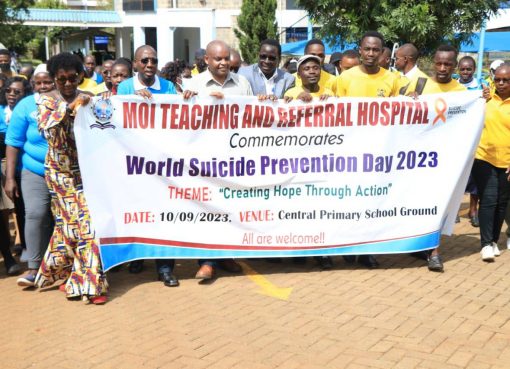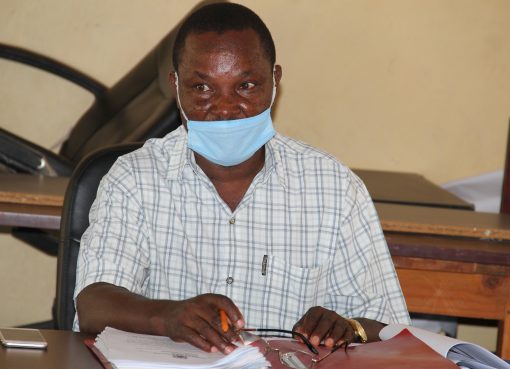The Kenya Private Sector Alliance (KEPSA), in partnership with Deutsche Gesellschaft für Internationale Zusammenarbeit (GIZ) and Ministry of Education are launching a pioneering training initiative within technical and vocational training institutions.
The program, dubbed ‘The Dual TVET Training Program’ has set its sights on enrolling over 1000 students from the region, encompassing Kilifi, Kwale, Taita Taveta, and Mombasa Counties.
The program aims to enhance youth employability and skill development by bridging the gap between education and the industry. Speaking at Pride Inn Paradise Resort, Shanzu, Joseph Njau, Director of Vocational Training and Education, emphasized Dual Training’s superior approach to enhance students’ work readiness and job opportunities post-graduation.
“The benefits of the Dual Training Program Range from reducing retraining costs for businesses to fostering a culture of excellence among our workforce, this initiative promises to unlock boundless potential for innovation and growth,” Njau said.
He added that the program will implement a structured approach with students dedicating 50% of their training period within academic institutions and the remaining 50% in industrial settings.
The framework is expected to significantly improve trainees’ skills and competence, preparing them for the job market upon graduation. Thus, in Mombasa, enrollment for the training program will be open to a minimum of 220 students across educational institutions such as the Kenya Coast National Polytechnic, Likoni TVC, and Ahmed TTI.
Whereas, in Taita Taveta, an enrollment of at least 100 students at the Taveta TVC and Taita Taveta National Polytechnic, In Kilifi county at least 240 students at Godoma TTI, Weru TTI and Kaloleni TTI as well as 60 students from Kwale county at the Kinango TVC and Msambweni TVC respectively.
On the other hand, Ehud Gachugu, the Global Director of Youth and Jobs at KEPSA highlighted the pressing issue of youth unemployment in the Coastal Region, citing a staggering rate of approximately 40%.
However, recognizing the gravity of this situation, he stressed the imperative to expand opportunities for young people in the area, ensuring they have access to employment upon completing their education.
He added that upon completion of the training program, graduates will have been equipped with enough skills that see them secure jobs easily as the program has included in-company training and will enable the youths to explore entrepreneurship opportunities with minimum effort.
According to Gachugu, 60% of the beneficiaries of the program will be women. Hence, Gachugu stated that the goal is to promote women’s participation in traditionally male-dominated vocations.
Mohamed Merali, Director of LECOOL, a participating company in the dual training program, noted that the program has catalyzed the production of skilled individuals who were otherwise only equipped with theory knowledge.
“We have managed to employ several trainees upon graduation, we have also to employed a good number of females as part of our technical team,” said Merali.
Lastly, he concluded by saying that the dual TVET training program has broken the notion that a female can’t work in technical areas and that the dual training is a game changer.
By Nuru Soud





